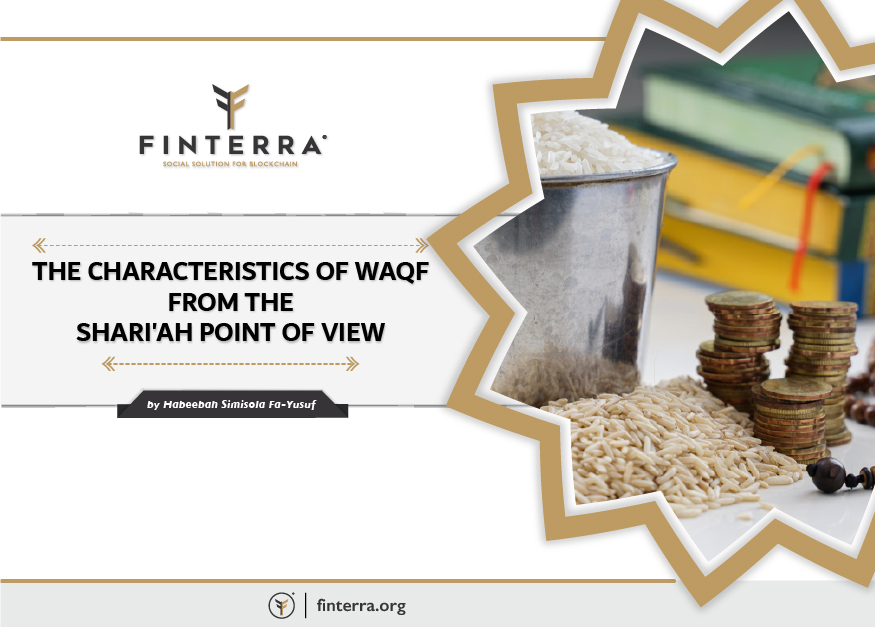In Islamic Law (Shari’ah), there are two primary sources, namely, the Qur’an and the Sunnah of the Holy Prophet (SAW). As for the permissibility of Waqf, there is no direct evidence from the Qur’an and the Sunnah. Muslims derive the Shari’ah legitimacy of Waqf based on its permission by the Holy Prophet (SAW) during his lifetime. The legal characteristics of waqf have been developed by Ijma’ (consensus among jurists) over the years. This article will highlight these characteristics.
The most important characteristics of waqf in Islamic Law are the existence of a founder (waqif), beneficiary, declaration and specific property to be converted to waqf. The waqif must be sane and have attained the age of puberty. As for the declaration, it may be written or made verbally. The beneficiaries of a waqf should be legitimate. The most important condition for the legitimacy of the waqf property is perpetuity in order to yield long-lasting benefits. The waqf property could be immovable such as real estate or movable such as cash. One element of the permissibility of cash waqf is that the Muslim community has evolved and there is a need for flexible waqf options to maintain existing waqf properties.
Waqf in Islamic Law, once endowed, is subject to certain restrictions apart from perpetuity. These are irrevocability and inalienability. Irrevocability means that once a waqf property is endowed, the declaration cannot be rescinded upon. Inalienability means that after a waqf property is endowed, it cannot be transferred away from the beneficiaries or diverted to, say, the heirs of the waqif.
The sale or exchange of a waqf property is allowed in Islamic Law. These two ensure better alternatives for the perpetuity of a waqf.
Having said that, if you are looking for a platform to contribute to waqf or even reading more about what we do, go to Finterra’s
WAQFChain.



